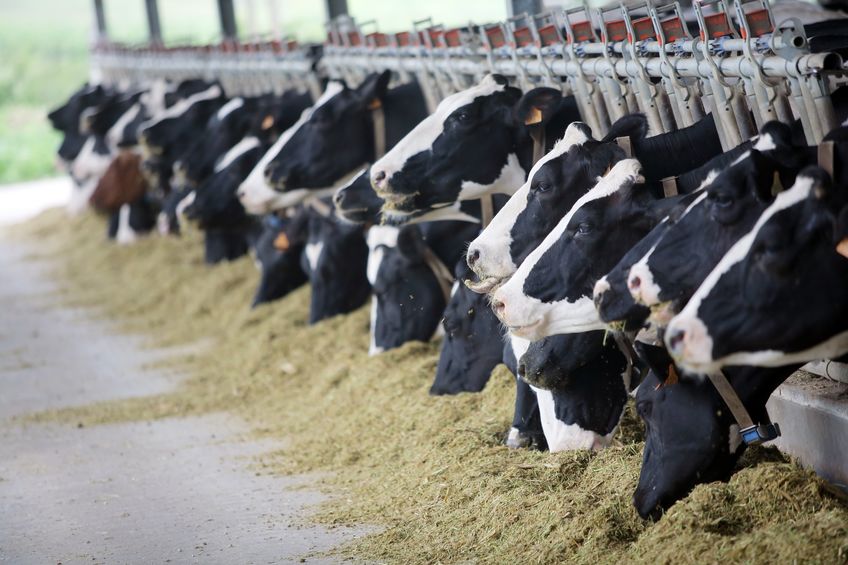
The Northern Irish government has proposed to introduce restrictions on herds that retain persistently infected animals (PI) or animals with inconclusive test results as part of new BVD measures.
The Department of Agriculture (DAERA) has launched a new bovine viral diarrhoea (BVD) consultation on the herd restriction proposals, and is asking farmers to provide views.
A compulsory eradication scheme was introduced in Northern Ireland in 2016, and significant progress has been made in driving down the incidence of disease.
However, DAERA said the virus continues to pose a 'significant risk' to the health of cattle in the province.
BVD is one of the biggest disease issues facing the cattle industry today, costing UK farmers in total between £25-£61m.
The main source of virus is from persistently infected animals (PI), animals that have become infected with the virus while in the womb and which are likely to suffer from poor health.
PI animals generally do not thrive, most fail to reach slaughter weight and, ultimately, they have a major impact on the health and productivity of the herd as they shed virus throughout their lives.
Announcing the consultation, farming minister Edwin Poots: “I am pleased that most farmers appreciate the risk that PI animals present to herds and are already removing these animals as soon as they can following a positive test result.
"I find it disconcerting, however, that there are farmers that are not testing all animals in their herd and continue to retain PI animals despite the risks they pose to their herd and to other herds, maintaining the cycle of infection.
“To further support the ongoing efforts of industry and protect unaffected herds, I propose to introduce restrictions on herds that retain PI animals or animals with inconclusive test results."
DAERA is asking for views on whether it should have the power to restrict herds that fail to test animals for BVD within a specified period.
It also seeks views on the introduction of an additional legal requirement to test any bovines without a BVD status that were born in or entered a herd prior to the introduction of the 2016 statutory scheme.
Dr Sam Strain, chief executive of Animal Health & Welfare Northern Ireland (AHWNI), said the introduction of herd restrictions had been shown to be effective elsewhere, such as Scotland and the Republic of Ireland.
Responding to the consultation, he said: “This is particularly important given the trading implications that the recent EU approval of the ROI BVD eradication programme has brought for Northern Ireland farmers.
"I would encourage those from the bovine livestock sector to read and respond to this consultation.”
The consultation closes on 20 December 2022.
